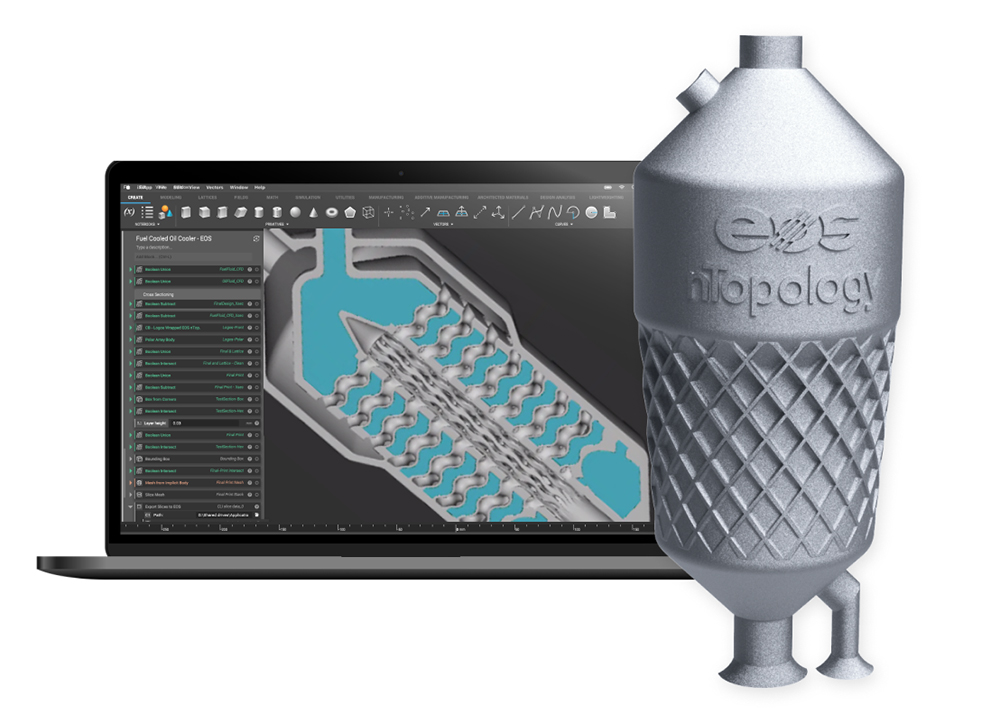20% of retail sales in the United States involve automobiles or automotive parts. As of 2018, the automobile industry generated over $545 billion in revenue. There are over 100 million personal vehicles in America. No industry in the U.S. generates more money annually.
The strength of the automotive industry is one of the reasons you may be drawn to this industry professionally. Automotive engineers are skilled professionals who can determine both the design and performance of the vehicles they work on. This may be a profession you are drawn to if you love cars and have the skills needed for this career.
Determine Your Interest Level

You need to understand what automotive engineers do in order to be certain this is a career that would appeal to you. Automotive engineers specialize in designing machines and mechanical components, such as engines. Some automotive engineers may concentrate on designing new products. Others may focus on evaluating existing components and determining how to improve them. Automotive engineers also investigate product failures.
Once they identify the cause of an issue, they focus on identifying ways to eliminate the problems. Whether they are working on a new design or repairing an existing product, automotive engineers must do product research, build prototypes and conduct tests to ensure that their designs perform as expected. They may also work on developing new fuel sources or designs that can increase a vehicle’s fuel efficiency. Automotive engineers may also oversee production.
Determine if You Have the Right Aptitude

You will be frustrated if you pursue a job that isn’t suited to your skillset. Mechanical skills are essential for automotive engineers. These professionals must be comfortable working with mechanical devices. They also need to have strong computer skills because they use customized computer programs to develop their design plans.
Mathematical skills are also required. Automotive engineers must run simulations and determine failure rates when evaluating products. They must be creative so that they can come up with new ways to design items. They also need to have strong problem-solving skills so that they can identify ways to resolve design flaws or improve the performance of engines and other parts they produce. They also benefit from having strong listening skills. They need to process and understand feedback on their products in order to effectively evaluate their performance.
Determine if the Career Suits Your Preferences

Some people love to get their hands dirty. Others prefer to work outside. Automotive engineers spend most of their time in an office. They typically work full-time. It is common for them to work with other professionals, such as engineering technicians, who may assist them with their duties.
Automotive engineers may interact with automotive manufacturers and parts manufacturers to ensure parts are being constructed properly. They may also interact with industrial designers, who may design other components of the vehicles, such as the seats. Market research analysts may also provide data that informs their design plans. Market research analysts specialize in determining the preferences of potential consumers so that products can be designed in a way that will maximize sales.
Start Your Academic Journey

Once you have confirmed that you are interested in the work that automotive engineers do, will enjoy the workplace environment, and have the required skills, you need to determine if you can fulfill the educational requirements. In order to pursue a career as an automotive engineer, you will need to earn a bachelor’s degree in mechanical engineering.
Ideally, you will complete a program that offers a concentration in automotive engineering. A mechanical engineering degree typically includes courses in mechanical design, calculus, dynamics, principles of design, and principles of engineering. As of 2018, the U.S. Bureau of Labor Statistics (BLS) reported that automotive engineers with a degree in mechanical engineering earned an average annual income of $87,370.
Obtain Experience and Professional Credentials

You should complete an accredited degree program. This will ensure that you qualify to earn your professional engineering (PE) license. Ideal mechanical engineering degree programs include internship opportunities during the course of your studies or emphasize co-operative education. Internships and co-op programs ensure that you obtain practical experience in your field while you are earning your undergraduate degree.
Completing internship and co-op programs will enable you to make professional connections. This can help you obtain employment after graduation. A PE license may be required for some opportunities and will enable you to pursue advancement opportunities.





